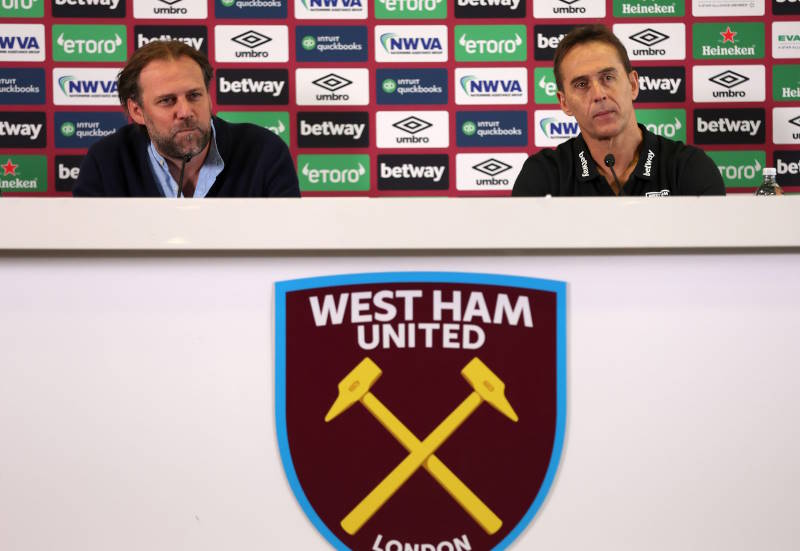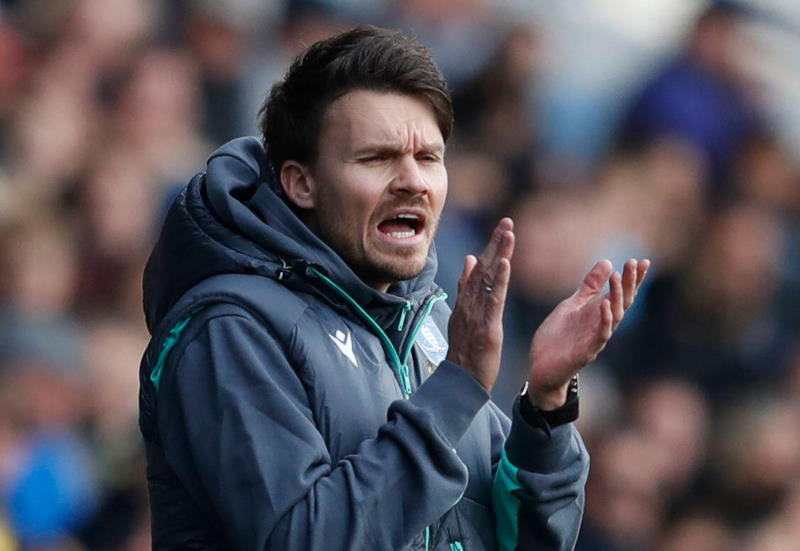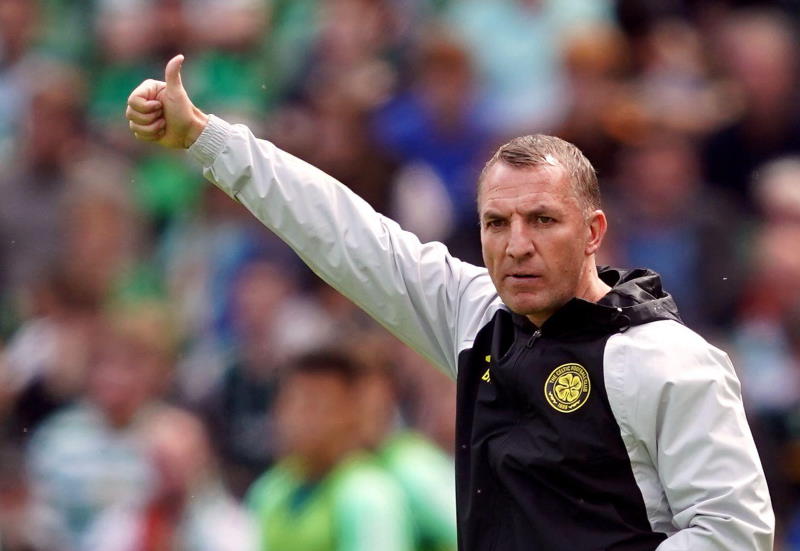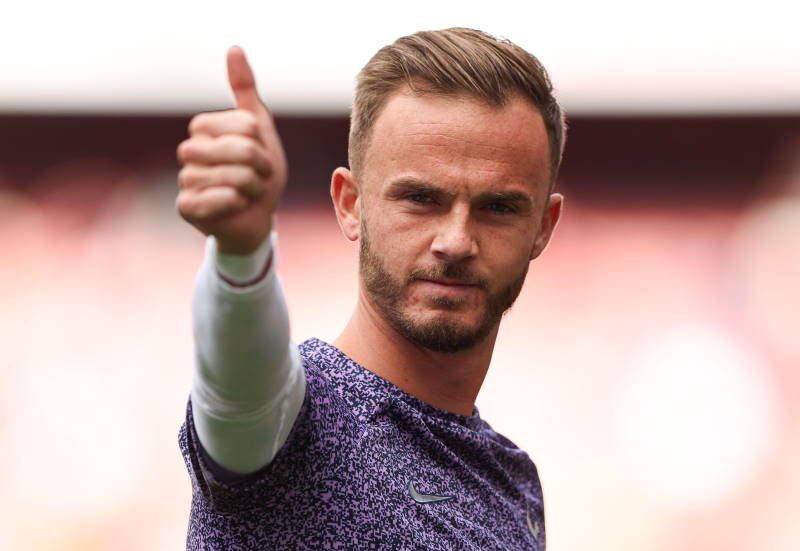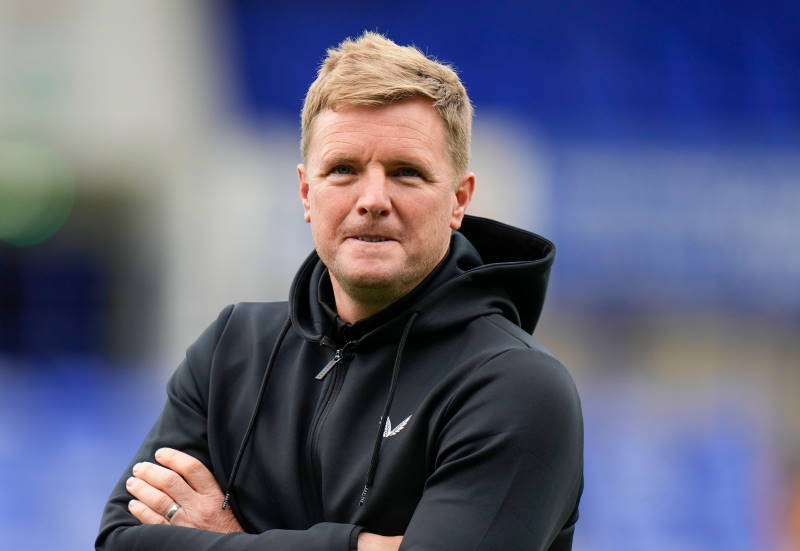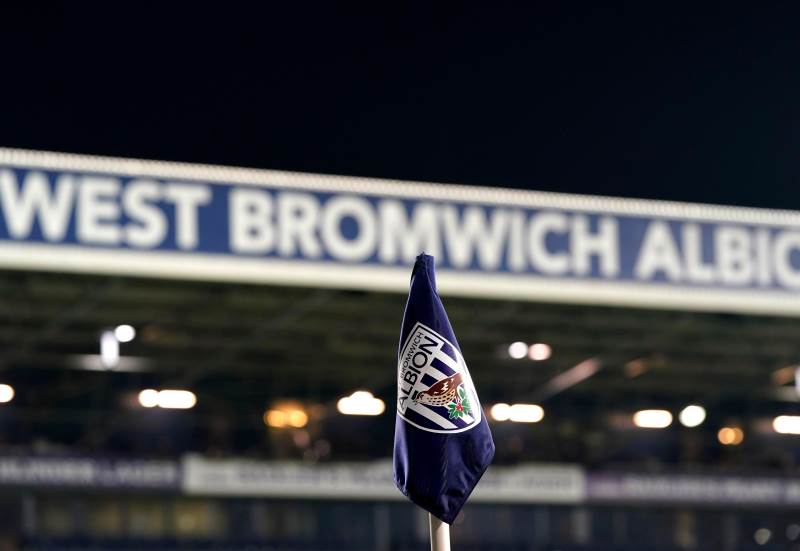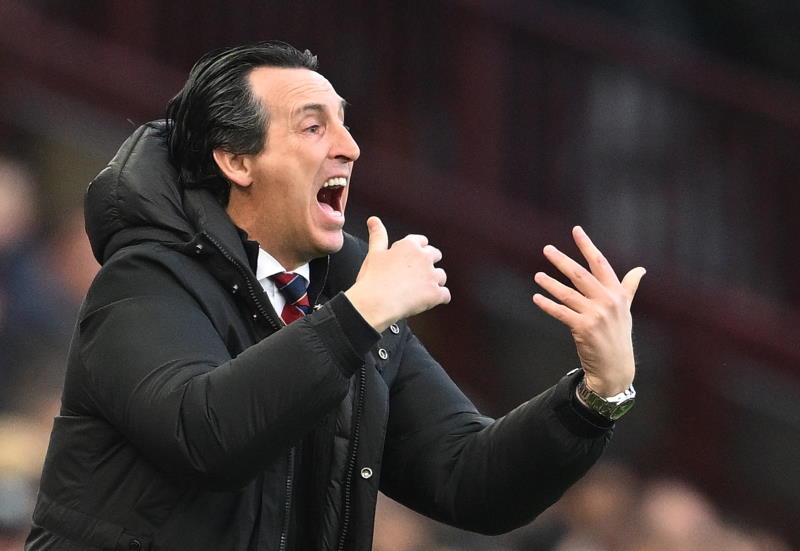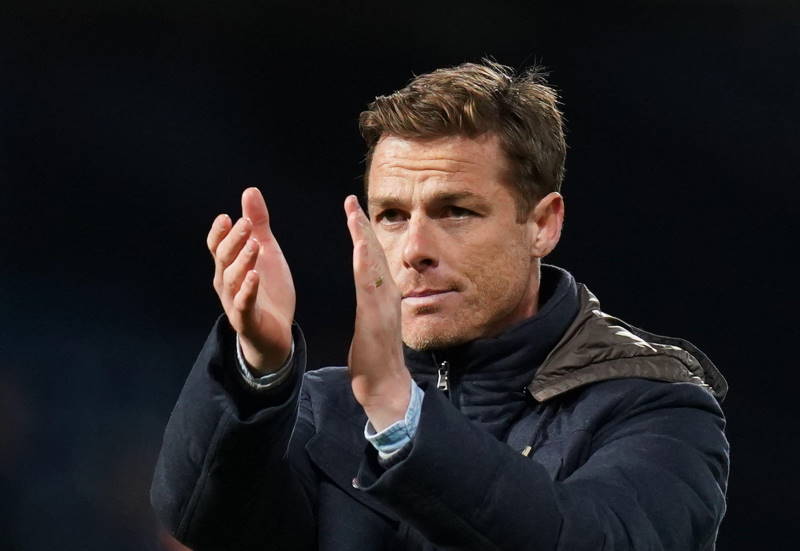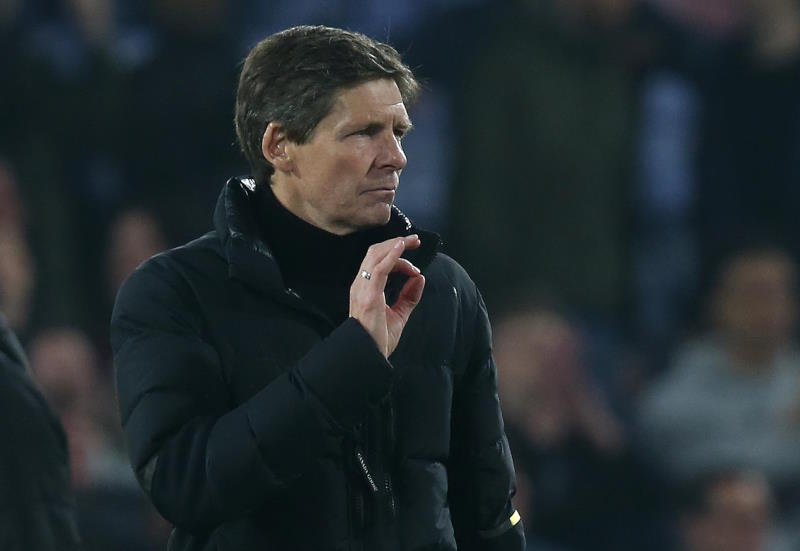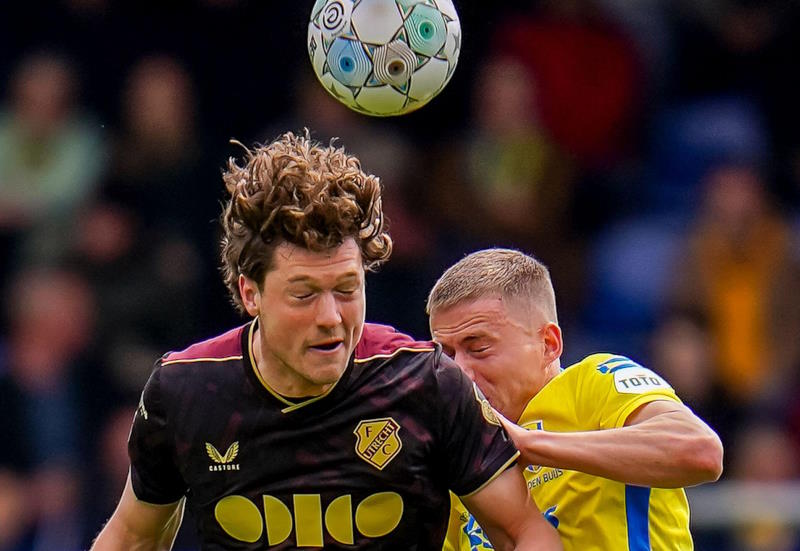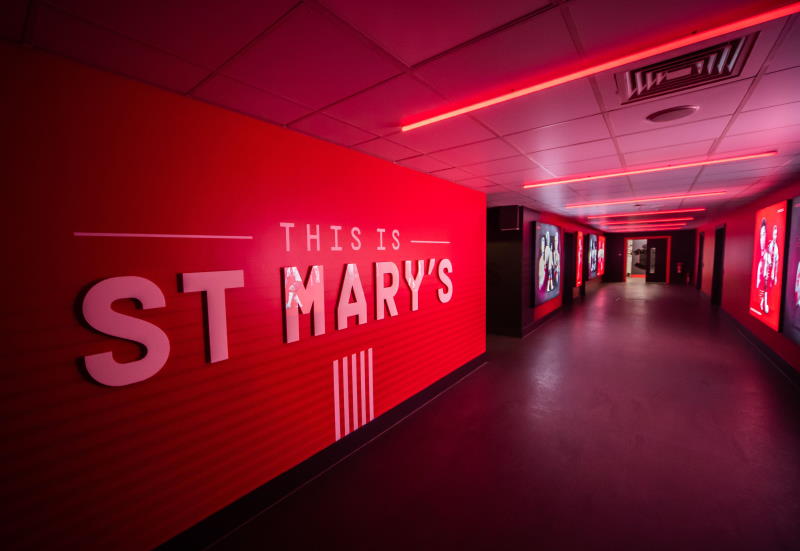
It was to be a match made in heaven; the best coach in the world at the helm of the world’s richest and most famous club. Both Jose Mourinho and Real Madrid have been beacons in the world of football in recent years; the start of the new millennium crowned Real Madrid as the biggest club of the twentieth century, while Mourinho himself was starting out on the coaching path in his native Portugal.
Mourinho excelled admirably towards the second part of the previous decade, establishing himself as one of the game’s finest tacticians. An ardent student of football and expert motivator, the son of Jose Mourinho Sr. will go down into the annals of history as one of the very best ever coaches, with his milestone successes at FC Porto, Chelsea and Inter opening the door to what was surely the biggest challenge of his career: Real Madrid Club de Futbol.
It was almost a full year ago that Mourinho’s tears fell on the turf of the Santiago Bernabeu, as his beloved Nerazzurri went on to beat Bayern Munich in the Champions League final; their first in 45 years ever since the great Helenio Herrera. “The Special One”, as he has come to be known, could not keep his “big secret” any longer, the elephant inside the room: He was well and truly on his way to succeed Manuel Pellegrini as Real Madrid coach. Not even Inter defender Marco Materazzi’s intense sobbing outside the Bernabeu could persuade him to change his mind.
Like him or loathe him, what is certain is that Mourinho’s time at the Bernabeu has been a roller-coaster ride, as not even he could escape unscathed from the maniac world of La Liga. While the Portuguese brought Real Madrid their first piece of silverware in three years, his arrival wasn’t enough to break Barcelona’s league hegemony.
The Good
Installing tactical discipline and team spirit have undoubtedly been Mourinho’s biggest achievements in his maiden season in Spain. Training behind closed doors more often than not and respecting a “players’ code”, the 48-year-old embedded a winning mentality into his men, stressing on each’s virtues and vices before coming up with a team formation and starting eleven that largely worked, one that proved to be amongst the best both domestically and in Europe.
An influx of key signings such as Mesut Ozil and Angel di Maria only strengthened this Madrid side. Adding youth and potential to the team, both names will be important as one of the continent’s youngest sides aims for future success. Ozil particularly has been La Liga’s best piece of business for the 2010/11 season. On the other hand, the arrival of Ricardo Carvalho from Chelsea at the age of 32 was a gamble that worked wonders. Forging a strong alliance with fellow countryman Pepe in the centre of the defence, Madrid’s backline has looked to be as strong as ever.
But just as most of Los Blancos’ new signings excelled under Mourinho, so have some of the old guard, including several who were on the verge of exiting the Bernabeu last summer. The most improved player is Karim Benzema, who has undergone a complete transformation under Mourinho. Having greatly improved his work ethic, the former Lyon striker was in fine form as the season entered its critical period, before seeing his development brutally halted due to injury.
Left back Marcelo is another to have progressed under Mourinho, as the man once tipped to leave Real last summer has been the one to surprise the new coach the most. This season, Marcelo developed his game on all sides: Better in defence, threatening going forward; he has become an extra attacker on several occasions.
Kaka’s return from injury has been successful too. The Brazilian is slowly getting back to his previous best, and will be even better next year, with the rediscovering of his AC Milan form something of a mission for Mourinho.
The highlight of the coach and Real Madrid’s season was undoubtedly their Copa del Rey win over Barcelona. Having failed to pick up the trophy since 1993, Mourinho made clinching it a personal objective. The cup remains the team’s first piece of silverware in three years, and will undoubtedly serve as a precursor for future titles.
The Bad
Jose Mourinho’s most important weakness in his first season in the Los Blancos dugout remained himself: The 2010 Champions League winning coach could not manage to shake-off his nasty habit of tussling with the press whenever the occasion presented itself. His hot-headedness has landed him in hot water more than once, a feat that saw him collide with the Madrid hierarchy several times. Such an incident occurred before his team faced AJ Auxerre in the Champions League, when the coach stormed out of a press conference after he was bombarded with questions concerning Pedro Leon, whom the coach had dropped.
Furthermore, the Portuguese wasted no time in making enemies amidst La Liga’s coaches. While his rivalry with Josep Guardiola remained a professional one, it never reached the peak of his feud with Sporting Gijon manager Manuel Preciado, whom Mourinho criticised for allegedly fielding a weak starting eleven against Barcelona back in September. The spat between the two was so tense that Preciado allegedly held his intimate parts in front of the Madrid bus – and Mourinho – after Real managed a 1-0 away win against Sporting. The animosity was put to rest a few days before Preciado broke Mourinho’s nine-year undefeated league home streak in the return fixture. A quip at former Real Madrid coach Manuel Pellegrini, suggesting the difference between the two was that Mourinho would not head to a club like Malaga – as Pellegrini had done – upon leaving the Bernabeu was another example of needlessly making an enemy.
The Ugly
But while some managers settle for the odd run-in with the press, opposing fans and managers, and even their players sometimes, this hasn’t been the case for Mourinho. Sir Bobby Robson’s former translator and assistant endured some hard-to-swallow moments in Spain, clashing particularly with referees and the ruling Spanish and European authorities on several occasions.
The standout controversy was Mourinho’s antics before, during, and after his team’s much awaited Champions League semi-final clash with Barcelona. The former Chelsea boss criticised the refereeing, and took swipes at UEFA and Michel Platini over an alleged pro-Barca stance. And the result was the Real Madrid coach being banned for five UEFA games, a decision, given one match has already been served and one is suspended, which should see him miss three of his team’s group stage Champions League games next season.
But the most embarrassing moment of the campaign for the Setubal-born coach this season must surely be the 5-0 drubbing Real Madrid received at the hands of Barcelona last November. His team was dismantled in inconceivable ways, with Madrid looking like amateurs in front of the all-mighty Blaugrana juggernaut. Critics came down on Mourinho like pouring rain for failing to contain Guardiola’s men, and thankfully, the coach managed to improve the team – to some measure – when the two met once again.
Green Shoots
Real Madrid produced an astonishing league season last year, albeit one that with 96 points and 102 goals was not enough to grasp the title from Barcelona’s claws. This season, their numbers have been less impressive, but they finished second nonetheless, and improved greatly in the Copa del Rey and Champions League, competitions they appeared to be dominating. What is certain is that there is promise for this young squad under the tutorship of Jose Mourinho. The cup might have been at the bottom of their wish-list, but a second season with Mourinho will make Los Blancos even better. Despite another year of success for bitter rivals Barcelona there is still reason to smile at the Bernabeu and spy the green shoots of recovery.

